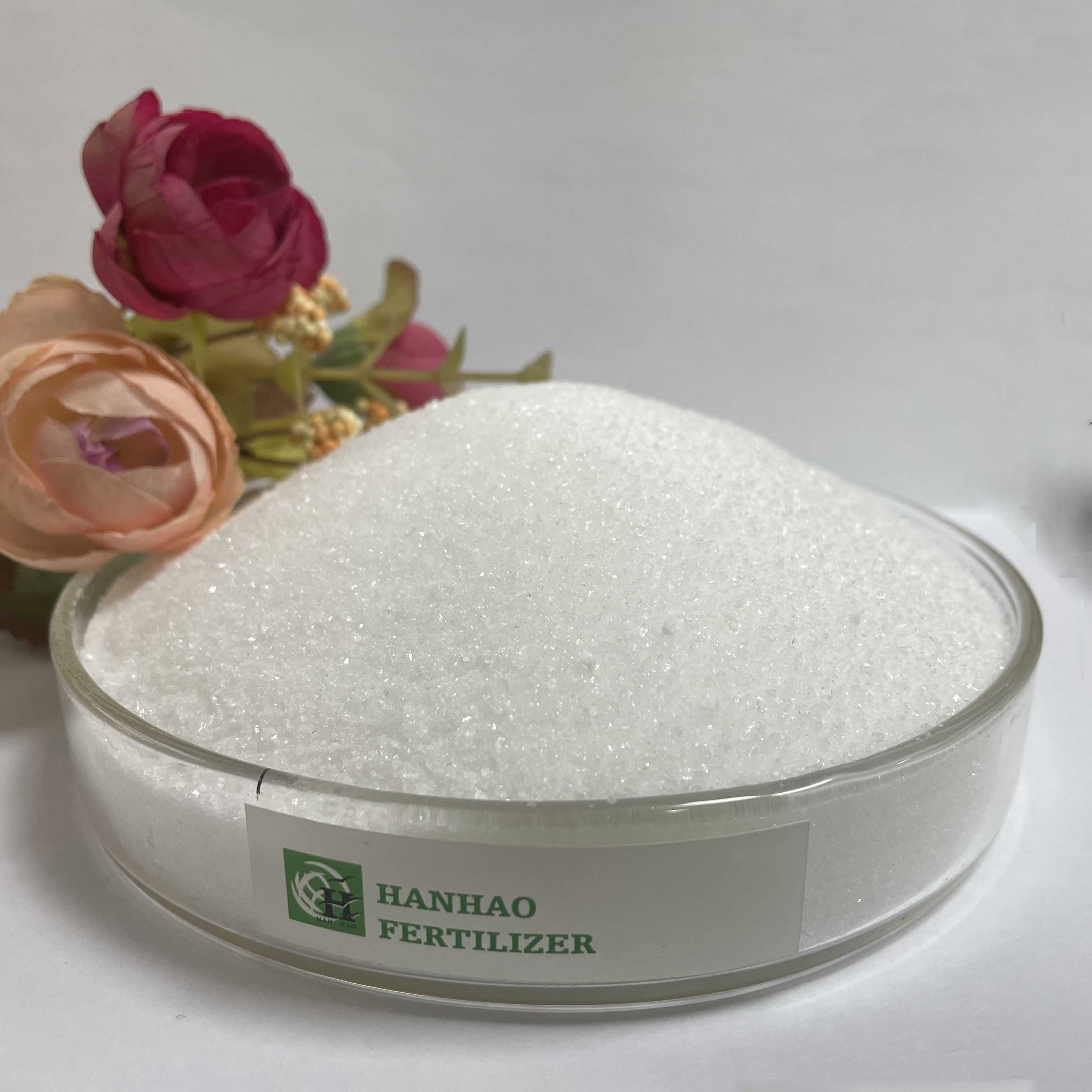
Дек . 29, 2024 07:28 Back to list
best npk fertilizer for agriculture
The Best NPK Fertilizers for Agriculture A Comprehensive Guide
In the world of agriculture, the choice of fertilizers is crucial for achieving optimum crop yields and maintaining soil health. Among various fertilizers available, NPK (Nitrogen, Phosphorus, and Potassium) fertilizers stand out as one of the most effective and widely used options. Understanding the composition, application, and benefits of NPK fertilizers is essential for farmers looking to maximize their production while maintaining sustainable farming practices.
Understanding NPK Fertilizers
NPK fertilizers are named after the three essential nutrients they provide nitrogen (N), phosphorus (P), and potassium (K). Each of these nutrients plays a distinct role in plant growth
1. Nitrogen (N) This nutrient is vital for plant growth as it is a key component of amino acids, proteins, and chlorophyll. Nitrogen promotes vigorous leaf and stem development and is essential for photosynthesis.
2. Phosphorus (P) Phosphorus is crucial for energy transfer, photosynthesis, and nutrient transport within the plant. It plays a significant role in root development, flowering, and fruiting stages.
3. Potassium (K) Potassium enhances overall plant health, improving drought resistance, disease resistance, and water use efficiency. It is also critical for the synthesis of proteins and starches, ultimately contributing to higher crop yields.
Selecting the Right NPK Fertilizer
Choosing the right NPK fertilizer depends on the specific nutrient needs of the crops being cultivated. Soil testing is a critical first step to determine any nutrient deficiencies or imbalances. Based on the results, farmers can select fertilizers with appropriate N-P-K ratios. Common NPK ratios include
- 10-10-10 A balanced fertilizer suitable for a wide range of crops, providing equal parts of the three nutrients. - 20-10-10 Higher in nitrogen, ideal for leafy vegetables or crops with vigorous growth. - 5-10-15 More phosphorus and potassium, beneficial for flowering and fruiting crops.
Application Methods
NPK fertilizers can be applied using various methods, including broadcasting, banding, and fertigation (applying fertilizers through irrigation systems). The method of application can significantly impact nutrient absorption and plant growth.
best npk fertilizer for agriculture

1. Broadcasting This involves spreading the fertilizer evenly over the soil surface. It is most effective on established crops and can be done before planting or at key growth stages.
2. Banding Fertilizer is placed in bands near the root zone of the plants, allowing for better nutrient uptake. This method minimizes nutrient loss and is particularly effective for young plants.
3. Fertigation Integrating fertilizers into an irrigation system allows for precise nutrient delivery to the plants. This method is efficient, reducing wastage and allowing for real-time adjustments based on plant needs.
Benefits of NPK Fertilizers
The advantages of using NPK fertilizers in agriculture are numerous
- Improved Crop Yields NPK fertilizers provide essential nutrients that enhance plant growth and productivity, leading to higher yields.
- Soil Health Regular application of NPK fertilizers can improve soil fertility and structure, promoting beneficial microbial activity in the soil.
- Cost-Effective When used correctly, NPK fertilizers can be a cost-effective solution for enhancing crop productivity and profitability.
- Sustainable Farming With precise formulation and application, NPK fertilizers contribute to sustainable agricultural practices, reducing the environmental impact compared to unregulated nutrient application.
Conclusion
Selecting the best NPK fertilizer for agriculture involves understanding the specific nutrient needs of crops, soil health, and the correct application methods. By choosing the right NPK fertilizer, farmers can significantly improve their crop yields while promoting sustainable farming practices. Ultimately, the balanced use of nitrogen, phosphorus, and potassium not only enhances agricultural productivity but also supports the overall health of the farming ecosystem. As agriculture continues to evolve, staying informed about the latest advancements in fertilization techniques is vital for ensuring food security and environmental sustainability.
-
10 10 10 Fertilizer Organic—Balanced NPK for All Plants
NewsJul.30,2025
-
Premium 10 10 10 Fertilizer Organic for Balanced Plant Growth
NewsJul.29,2025
-
Premium 10 10 10 Fertilizer Organic for Balanced Plant Growth
NewsJul.29,2025
-
Premium 10 10 10 Fertilizer Organic for Balanced Plant Growth
NewsJul.29,2025
-
50 Pound Bags of 13-13-13 Fertilizer for All Plants – Bulk & Organic Options
NewsJul.28,2025
-
High-Efficiency 15-30-15 Granular Fertilizer for Healthy Crops
NewsJul.28,2025
